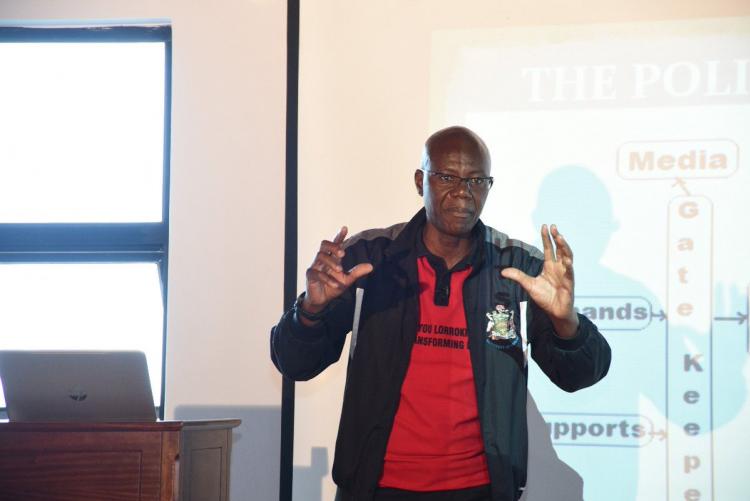From talk of Chinese colonisation to a video doing rounds on social media of Kenyans speaking Mandarin, there is a growing desire to understand what China will mean to Africa in future.
China has used this month’s 70-year celebration to showcase its ambition, from the display of nuclear power, military hardware to a declaration by President Xi Jinping that ‘no force can stop the progress of the Chinese people’.
The world is coming to terms with this new force, with rivals US reacting with a trade war and ban on China’s 5G technology, while Europe is learning to live with the new power.
But how is Africa adjusting itself to the new phase of Chinese boldness, and what does it mean to us?
As scholars, we need to play a part in understanding what the emergence of China means and how, as a society, we should react to it.
From our classrooms, we have stood and watched how the media, politicians, global powers and Chinese frame the discussions around China’s access to Africa’s natural resources, China’s exploitative tendencies in Africa and China’s geo-strategic competition with the West.
As scholars, we have asked ourselves questions about the place of Africa in its relationship with China. Should we listen to the growing anti-Chinese sentiment led by the West or alternate analysis that suggests that the African continent stands to benefit if it formulates Africa’s China policy akin to 2006 China’s Africa policy?
University of Nairobi’s Department of Political Science and Public Administration will host the first conference on China Africa relations next week on Thursday, seeking broad-based scholarly perspectives in understanding the synergy between China's and Africa's development visions.





